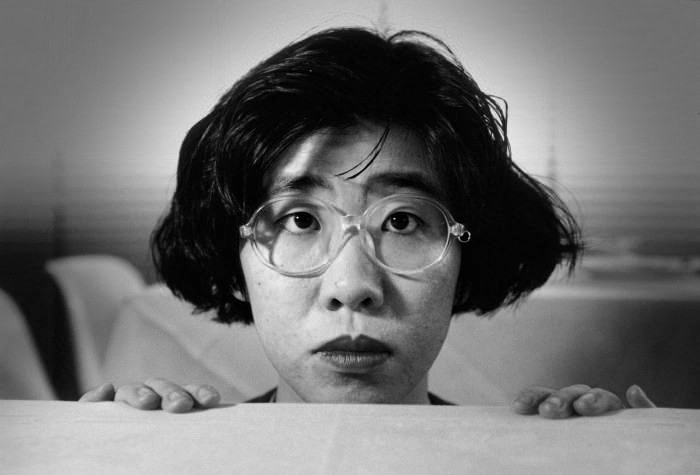


Did you find yourself transported to another world here?ħ. Yuichi’s inn in Uehara specializes in tofu: “custard, tofu baked with miso, fried tofu, citron, sesame seeds–everything with tofu” (p. And there is the tiny restaurant, with scrubbed wood, serving steaming katsudon (fried pork over rice). What characteristic Japanese details do you remember? One thinks of the scene in Izu Peninsula, the street full of old inns with laughing tourists in padded winter kimonos walking under the stars. The story is set in modern Tokyo (even though cell phones and computers have not yet taken center stage.) Still there is a timeless, lyrical quality appropriate to this fable. What do we learn about Eriko and her transvestite friend Chika, behind the flamboyant facades?Ħ.

I am beautiful! I am dazzling!” As Yuichi says, “It was so like her not to die in some normal way” (p. She also says, “I have cheerfully chosen to make my body my fortune. “It’s not easy being a woman,” says the gender-enhanced mother (p. Do you see these elements in Mikage? As lonely as she can be at times, is her very survival threatened? What is her economic position? How has Eriko provided a valid, if entertaining, role model?ĥ. Often it involves slippery tactics or compromises.

Books are filled with girls on their own forced to make their own way in the world. In a whimsical style that recalls the early Marguerite Duras, “Kitchen” and its companion story, “Moonlight Shadow,” are elegant tales whose seeming simplicity is the ruse of a very special writer whose voice echoes in the mind and the soul.Ĥ. As the three of them form an improvised family that soon weathers its own tragic losses, Yoshimoto spins a lovely, evocative tale with the kitchen and the comforts of home at its heart. Grieving, Mikaga is taken in by her friend Yoichi and his mother (who is really his cross-dressing father) Eriko. Mikage, the heroine of “Kitchen,” is an orphan raised by her grandmother, who has passed away. With the publication of Kitchen, the dazzling English-language debut that is still her best-loved book, the literary world realized that Yoshimoto was a young writer of enduring talent and great passion whose work has quickly earned a place among the best of contemporary Japanese literature.īanana Yoshimoto’s Kitchen is an enchantingly original and deeply affecting book that juxtaposes two tales about mothers, love, tragedy, and the power of the kitchen and home in the lives of a pair of free-spirited young women in contemporary Japan. Banana Yoshimoto’s novels have created a sensation in Japan and all over the world.


 0 kommentar(er)
0 kommentar(er)
